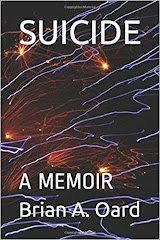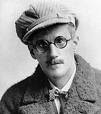Surely one reason for the European popularity of Faulkner, Hemingway and now Cormac McCarthy is that these writers show Europeans an America that conforms to stereotype: violent, elemental, primitive, gruff, laconic, anti- and non-intellectual. Of course, if read carefully and critically, the works of these writers would be a poor fit for the stereotype, but few readers read that closely.
A reading of Ol' Cormac's (as they still call him in Tennessee) first novel, The Orchard Keeper, shows that while he has always been a beautiful writer, he has over the course of his career gained greater control of his prose instrument and become a tighter, somewhat less elliptical storyteller. The Orchard Keeper, telling a simpler story than No Country For Old Men (CM's worst book, by the way; some passages read like the winner of a Bad Hemingway contest), tells it in a much more elliptical and puzzling manner, although at the end there is an old-fashioned readerly satisfaction as the various puzzle pieces lock into place. There's also, amidst the beautifully lyrical prose, a chilling roadside murder scene that's one of the best things McCarthy has ever written. It's not a great book, but it is a very impressive first novel, a sure-handed signing of the promissory note McCarthy has spent the rest of his career paying.
A possibly interesting tangential thought: Reading No Country for Old Men and The Road, I was struck by the thought that I was reading books that had been conceived and/or initially drafted in some form in the early 1980s. I wonder if McCarthy, reeling from the commercial failure of Suttree, might have conceived these two novels in the 1980s as 'quicker' and more commercial projects that might bring in a little cash while he researched and wrote his Great Western Novel(s). No Country, as I recall, seems to take place ca.1980, and the post-apocalyptic world of The Road is straight out of the 1980s discourse of nuclear winter. I may be completely off base, but I suspect Ol' Cormac has had these ideas lying around in his notebooks for quite some time--not that there's anything wrong with that.
Friday, January 30, 2009
Subscribe to:
Post Comments (Atom)










No comments:
Post a Comment